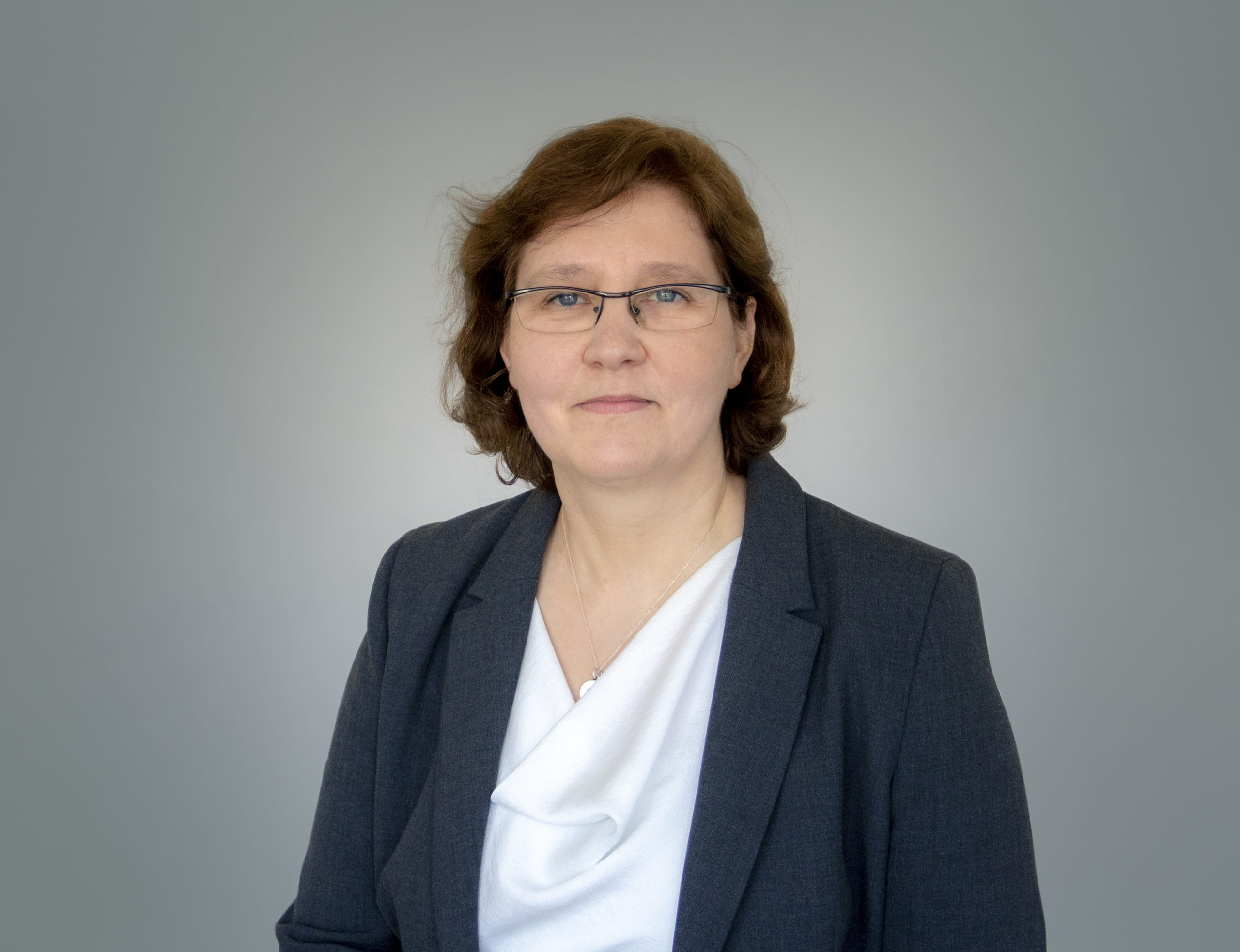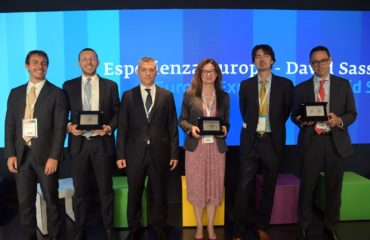La dimensione ESG attraverso gli occhi di Karine Jesiolowski
______________________________________________________________________________
Nell’ambito dell’attribuzione del FIDA ESG rating, il Focus rappresenta uno spazio nel quale gli asset manager si raccontano e comunicano agli operatori del settore il loro approccio alla sostenibilità.
Questa raccolta di contenuti prosegue con l’intervista realizzata con UBP, che dal 1969 si proprone di offrire agli investitori un servizio accorto e innovativo.
Company

Karine Jesiolowski
Head – Responsible Investing at Union Bancaire Privée
FIDA: What’s your level of vocation to sustainability issues and why?
KJ: Responsibility is one of UBP’s core values, alongside dedication, conviction, and agility. We believe that the financial sector has an essential role to play in tackling the world’s social and environmental challenges and see it as our role to channel capital towards responsible investment (RI) solutions that offer real potential to generate financial returns for our clients. We also place equal importance on controlling our environmental/carbon footprint through our corporate social responsibility (CSR) strategy, in addition to promoting sustainable development through supporting community initiatives, sponsorship and patronage. Indeed, UBP considers RI and CSR to be two sides of the same commitment to creating a sustainable world.
As a proof of our commitment, UBP’s Executive Committee set itself ten sustainability objectives, including the decision to include sustainability factors into all of UBP’s investment decisions, to double our assets in sustainable strategies by the end of 2022, to offset our carbon footprint and reduce it by 25% by the end of 2025 and to continually enhance in-house sustainability awareness and skill sets.
FIDA: Which institutions do you refer to, are involved in and how?
KJ: UBP has been a signatory to the UN PRI since 2012 and joined the UN Global Compact in 2020. We are members of Swiss Sustainable Finance and of the Forum pour l’Investissement Responsable (FIR – French SIF). We are also members, among several other initiatives, of the GIIN (Global Impact Investing Network), FAIRR, and of the Investment Leaders Group, which is facilitated by the Cambridge Institute for Sustainability Leadership.
In addition, as part of our alignment with the Paris Agreement objective to keep global warming well below 2°C above pre-industrial industrial level, UBP is a supporter of the TCFD and committed to integrating its recommendations.
Finally, in 2021 UBP joined the TNFD Forum to contribute to the Taskforce’s missions to develop and deliver a risk management and disclosure framework for organisations to report and act on evolving nature-related risks.
Products
FIDA: With reference to the classification derived from SFDR how have you placed your funds and how do you intend to move soon?
KJ: SFDR helps to improve transparency, comparability and to harmonise sustainability standards and definitions across European countries. We therefore welcomed this regulation and particularly its “classification” of financial products, which represents its most visible feature.
In anticipation of the first deadline (10/03/21), our approach has been prudent to make sure the funds seeking Art 8 or Art 9 classification from Day 1 were credible strategies in terms of ESG and sustainability. We have since worked with investment teams to increase significantly the number of strategies compliant with SFDR Art 8 and 9 standards in subsequent prospectuses. Our intention is to continue to increase this number over time, while making sure all Art 8 and 9 funds meet common minimum standards.
Investment Policies
FIDA: How do you integrate ESG issues into your investment policies?
KJ: UBP has a Responsible Investment Policy which details the key principles of our approach to responsible investment. The consideration of ESG factors is taken into account at different levels, starting with exclusions that are applicable to all our strategies, ranging from controversial weapons to tobacco and coal (revenue threshold may apply). In addition, all our investment teams are encouraged to develop their ESG integration approach that best fits with their investment philosophy and asset class. Finally, stewardship is essential and includes direct and collaborative engagement as well as the exercise of our voting rights, following sustainability principles, for all our equity funds.
Finally, we have developed a range of sustainable and impact strategies, for which enhanced responsible practices apply. This includes deeper ESG integration, stricter exclusions, positive screening or active engagement.
FIDA: Has the integration of ESG risks into portfolios had a positive impact on risk or overall performance and how?
KJ: ESG risks (and opportunities) often materialise over longer periods of times than the traditional “quarterly review” or “annual report” used for financial performance. However, when they occur, they tend to be disproportionally high (e.g. tail risk effect resulting from the large damages/fines imposed on a company responsible for an environmental disaster). The benefit of ESG integration then becomes apparent when such one-off event occurs. That said, integrating ESG factors also helps focus a portfolio on more resilient, quality, companies. Such companies are likely to weather global market shocks better than those with weak ESG credentials. This has been clearly highlighted in the Mar-20 pandemic-triggered sell-off when the majority of ESG strategies delivered less volatility and less drawdown than traditional funds, as highlighted in several research from Morningstar, S&P Global or others.
FIDA ha esteso la propria attività di rating del risparmio gestito nel campo della sostenibilità con un sistema di valutazione proprietario che ruota intorno a specifiche survey periodiche.
Le società di gestione e gli asset manager forniscono direttamente informazioni qualitative e quantitative finalizzate a far comprendere l’approccio alle tematiche ESG in maniera completa. I dati raccolti contribuiscono a definire il grado di sostenibilità previsto dal processo di investimento delle società di gestione e, combinati con le analisi dei portafogli dei fondi, quello dei prodotti gestiti.
Ad integrazione della valutazione quantitativa che culmina con l’attribuzione del FIDA ESG rating, il Focus rappresenta uno spazio nel quale le società si raccontano e sono stimolate dagli analisti a chiarire i temi centrali della vocazione alla sostenibilità.


